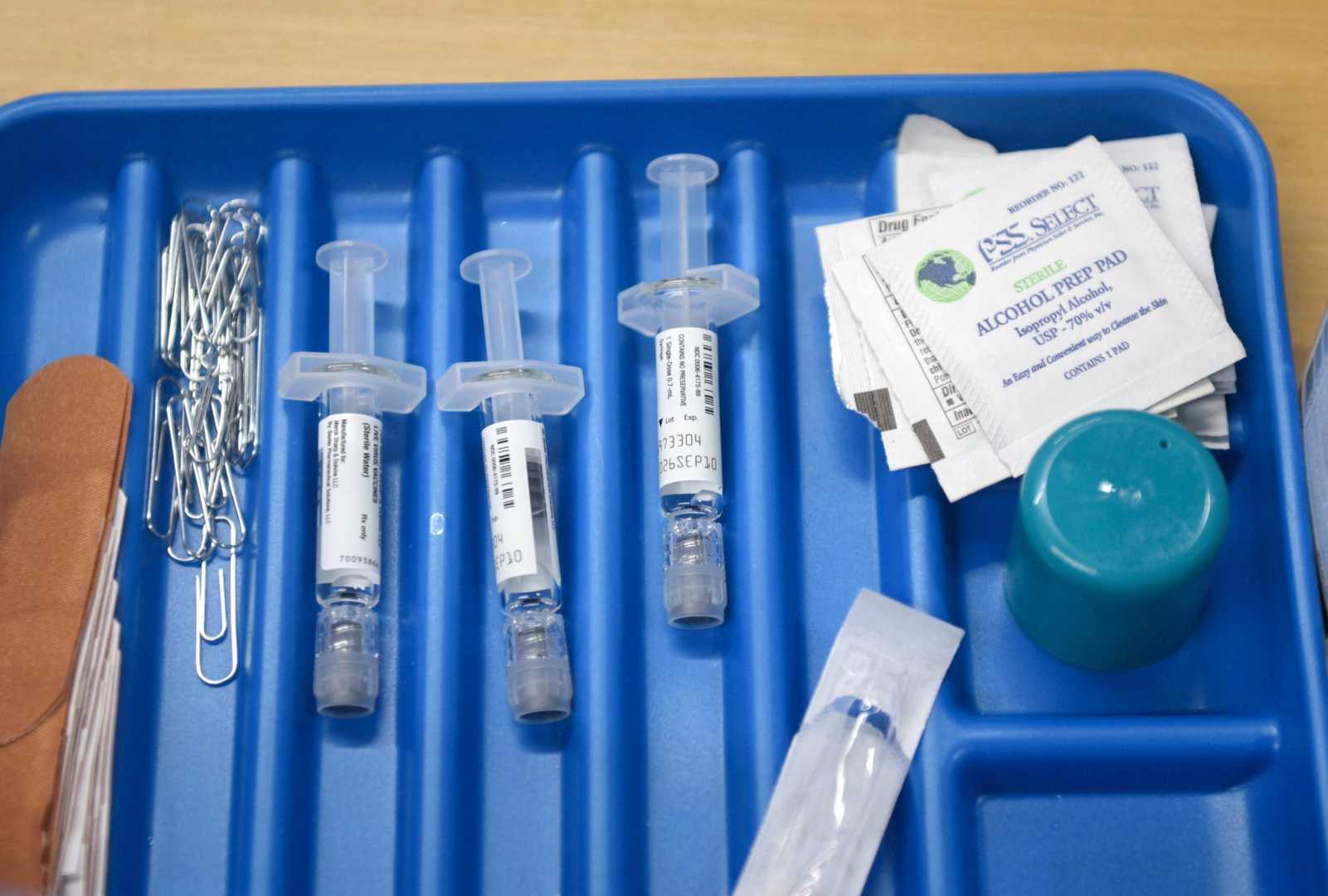Health
Texas Reports Surge in Whooping Cough Cases, Alarm Bells Ring

AUSTIN, Texas — Texas health officials are raising alarms about a dramatic rise in whooping cough cases statewide. The Texas Department of State Health Services (DSHS) reported this week that the number of confirmed cases has reached over 3,500 through October 2025, nearly four times the amount seen during the same time last year.
This surge marks the second consecutive year Texas has experienced a significant increase in whooping cough, also known as pertussis, prompting DSHS to issue health alerts. Pertussis, caused by the bacterium Bordetella pertussis, is highly contagious and primarily affects children under 12 months, although anyone can contract it.
“We are concerned as health professionals see this year-after-year trend of significant increases in cases,” said Dr. Hector Ocaranza, a pediatrician with the Texas Medical Association. “This disease can have severe effects, especially on infants, older adults, and those with chronic conditions.”
Initial symptoms of pertussis resemble those of a common cold, including runny nose, sneezing, and mild coughing. These can develop into violent coughing fits that may result in a high-pitched ‘whoop’ sound as individuals gasp for air. According to the Cleveland Clinic, the illness typically progresses through three stages: cold-like symptoms, intense coughing, and gradual recovery.
An infant may show symptoms that do not include the characteristic ‘whoop,’ struggling instead to breathe or pausing in their breathing. Infants are at a higher risk of hospitalization and complications if they are not vaccinated or are immunocompromised.
The Centers for Disease Control and Prevention (CDC) recommends that people of all ages stay up-to-date on their pertussis vaccinations. Texas health leaders emphasize vaccination as the most effective preventative measure. Pregnant women are advised to receive a Tdap vaccine during pregnancy to protect newborns from pertussis.
DSHS also urges that clinicians test anyone exhibiting symptoms of pertussis, with a preference for polymerase chain reaction (PCR) tests due to their speed and availability. Prompt treatment is critical, regardless of vaccination history, to mitigate severe outcomes and halt further spread of the disease.
As vaccination rates have slipped in recent years, the risk of outbreaks increases, sparking health officials’ concerns about the ongoing trend. As Texas grapples with these rising case numbers, parents are being reminded of the crucial need to keep their children’s vaccinations current.












